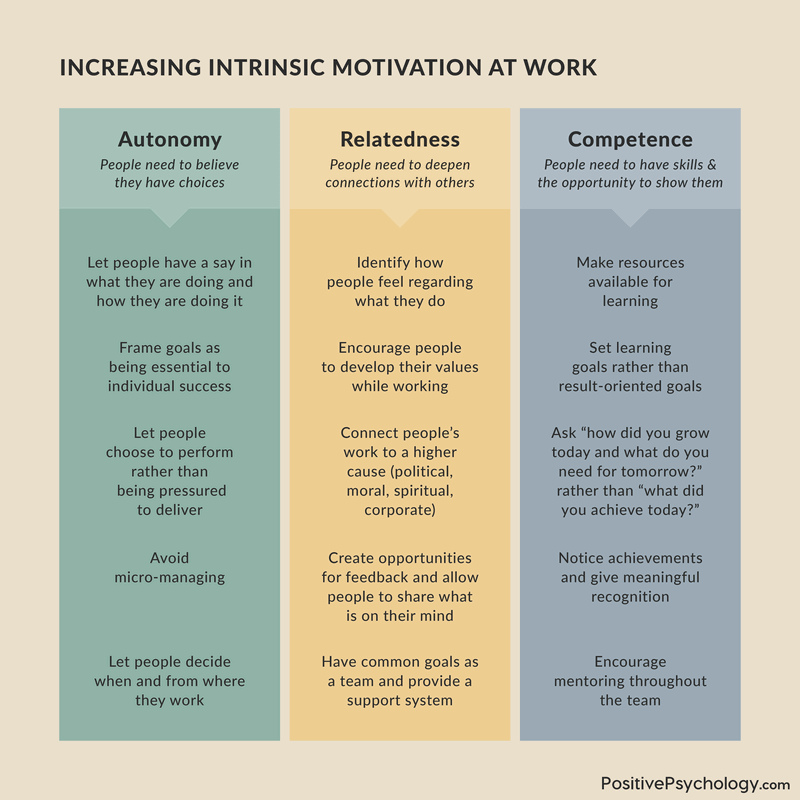
Maintaining motivation during long-term medical treatments is a significant challenge for many patients. It requires a consistent effort to stay committed to the prescribed regimen and navigate the emotional and psychological aspects of treatment. This comprehensive guide explores various strategies to help patients maintain motivation throughout the journey of long-term medical treatments, covering key areas such as emotional well-being, goal setting, and building a support system.
Understanding the Challenge of Maintaining Motivation
The Emotional Toll of Long-Term Treatment
Long-term medical treatments can be emotionally draining, requiring significant adjustments to daily life. Patients often experience a rollercoaster of emotions, from anxiety and fear to frustration and even depression. The challenge of maintaining motivation during this period stems from the inherent emotional toll, alongside the physical and logistical demands. Furthermore, these emotional factors can drastically influence adherence to treatment plans. This is often overlooked by medical professionals, and an understanding of these underlying issues is fundamental in fostering patient motivation.
Factors Impacting Motivation
Numerous factors can contribute to fluctuating motivation levels in patients undergoing long-term treatments. These include the perceived severity of the condition, side effects of medications, the inconvenience of appointments and treatments, financial concerns, and the potential for social isolation. Patients may feel overwhelmed and lost in the labyrinth of medical procedures, leading to a loss of motivation. A personalized approach to treatment and support is essential in mitigating these negative impacts.
Setting Realistic Goals and Expectations
Breaking Down Large Goals
The prospect of long-term treatment can feel daunting, often overwhelming patients. One strategy to combat this feeling is to break down large treatment goals into smaller, more manageable milestones. This approach creates a sense of accomplishment with each small victory, reinforcing positive feelings and encouraging continued motivation. This strategy helps patients feel empowered and in control.
Creating a Personalized Action Plan
Collaborating closely with healthcare providers to create a personalized action plan is essential. This plan should outline achievable goals, treatment schedules, and potential setbacks. This customized approach empowers patients and encourages active participation in their own treatment journey. A clear action plan provides a road map for motivation, allowing the patient to see tangible progress and stay on track.
Building a Supportive Network
The Power of Social Support
Maintaining motivation during long-term medical treatments often benefits from a strong support network. Family, friends, support groups, or even online communities can provide emotional comfort and practical assistance. Sharing experiences and finding solidarity with others facing similar challenges can foster a sense of camaraderie and reduce feelings of isolation. Social support plays a vital role in maintaining motivation.
Finding and Utilizing Resources
Patients should actively seek out support groups, online forums, or counseling services. Identifying and utilizing these resources can provide valuable emotional and practical guidance. Learning from others’ experiences can offer encouragement and strategies for coping with the challenges of long-term treatment. Connecting with like-minded individuals can boost motivation and resilience.
Cultivating Positive Self-Talk and Mindset
Recognizing Negative Thought Patterns
Negative thoughts and self-doubt can significantly hinder motivation during long-term treatments. Identifying and challenging these negative thoughts is crucial for fostering a positive mindset. Patients should actively question negative self-talk and replace it with more encouraging and realistic perspectives. This technique helps create a positive self-image.
Strategies for Positive Affirmations
Incorporating positive affirmations into daily routines can strengthen motivation. Positive affirmations are short, positive statements that reinforce desired qualities and outcomes. Practicing affirmations helps patients build confidence, resilience, and motivation. These simple tools can shift mindsets and positively affect adherence to medical routines.
Utilizing Coping Mechanisms
Stress Management Techniques
Stress is an inevitable part of medical treatment, and effectively managing stress is crucial. Various techniques can help manage stress, including deep breathing exercises, mindfulness meditation, yoga, or even journaling. Practicing these methods can help patients cope with stress, which, in turn, can enhance motivation. This is often overlooked in conventional healthcare.
Prioritizing Self-Care
Prioritizing self-care activities can significantly enhance motivation during long-term treatments. Incorporating activities such as hobbies, exercise, or relaxation time into daily routines can provide a sense of normalcy and well-being. This self-care approach helps counteract the potential burnout and emotional stress associated with the treatment.
What are some common pitfalls to avoid while maintaining motivation during long-term treatments?
Often, patients encounter pitfalls such as neglecting self-care, allowing negative thoughts to take over, and not seeking adequate social support. Recognizing these common obstacles and actively working to avoid them can significantly improve the treatment experience and outcome. Remember, seeking help from support groups or therapists can help navigate such difficulties and maintain motivation.
How can I build a strong support network for my medical treatment?
Building a strong support network involves reaching out to trusted family and friends, engaging in support groups, either online or in person. It also includes exploring online communities or forums where individuals with similar experiences share their insights and strategies. Actively connecting with others facing similar challenges is important for gaining a sense of belonging, resilience, and support during the journey of long-term treatment.
In conclusion, maintaining motivation throughout long-term medical treatments requires a multifaceted approach. Understanding the individual’s emotional needs, employing coping mechanisms, setting realistic goals, and building a supportive network are crucial. By addressing these factors, individuals can navigate the challenges of treatment and achieve better outcomes. Seeking professional support from therapists or counselors can provide additional guidance. Remember, you are not alone in this journey.